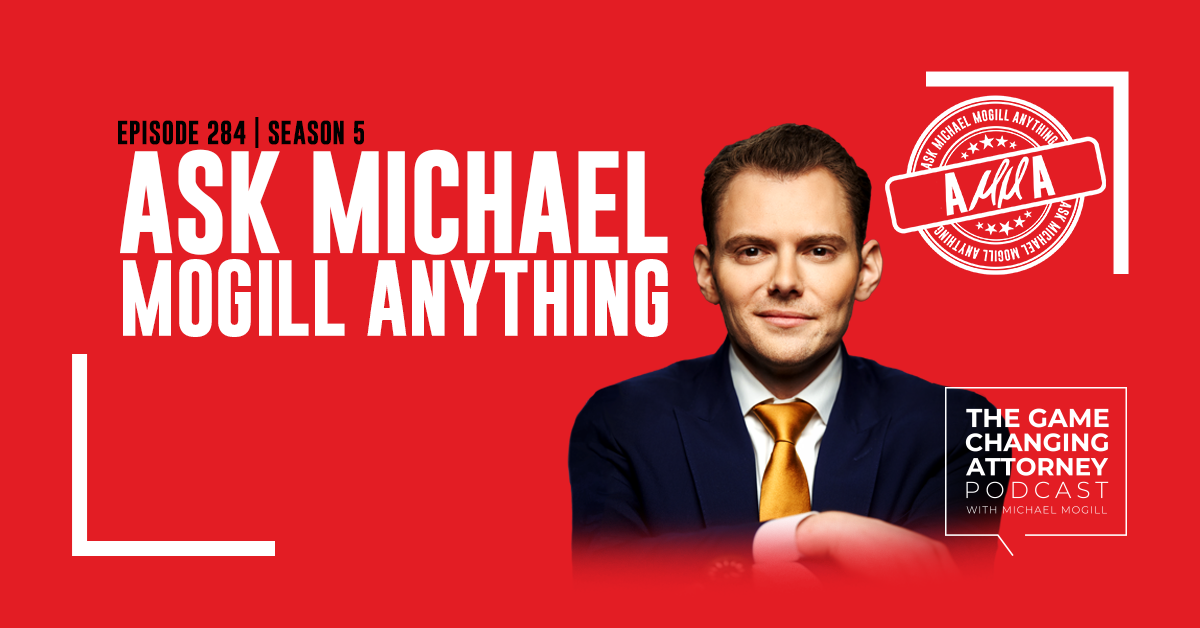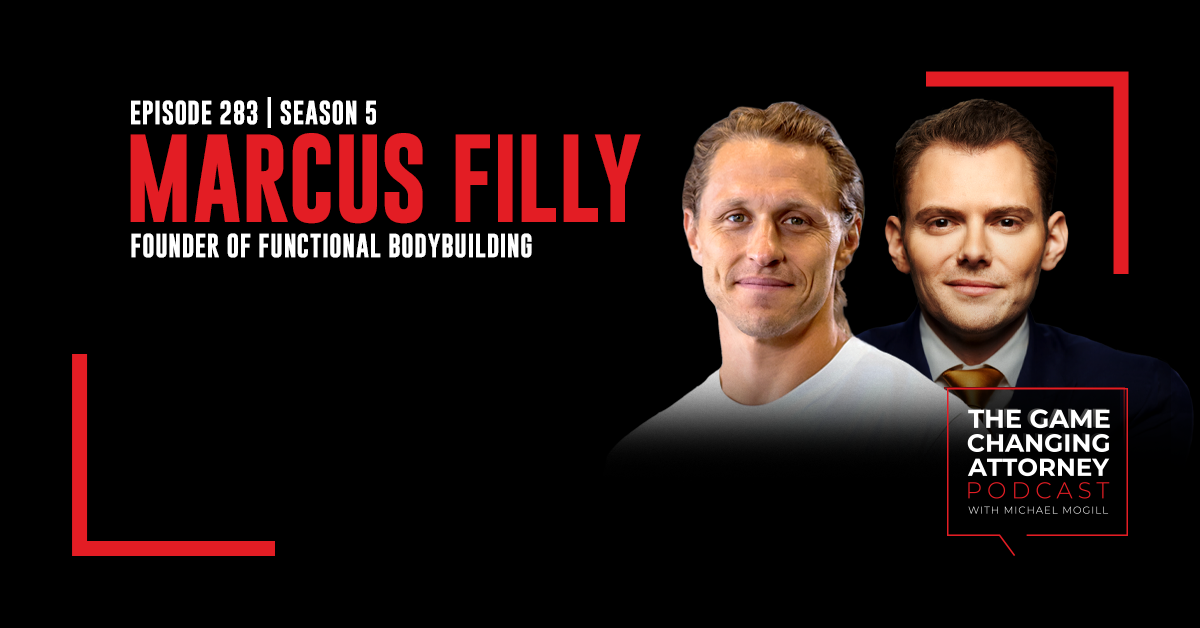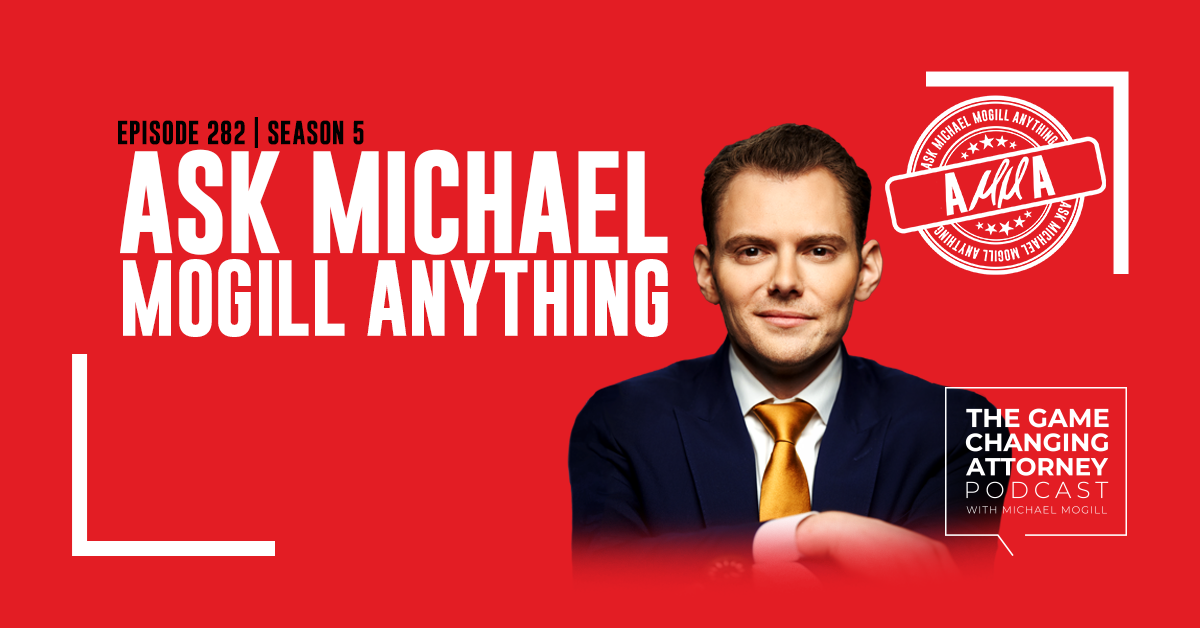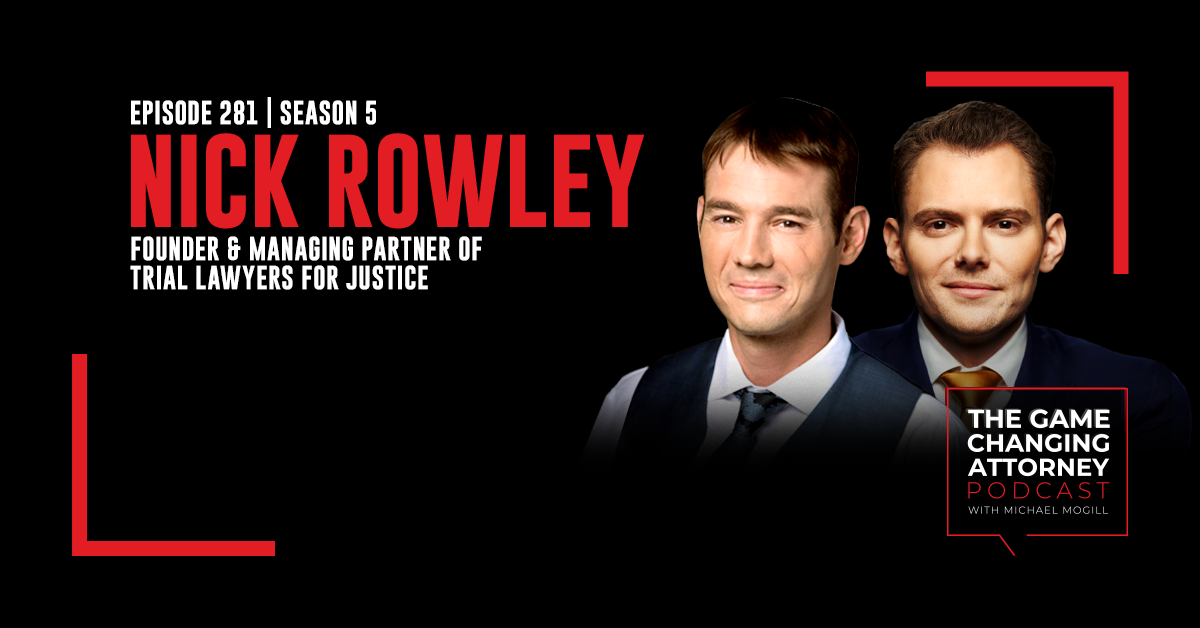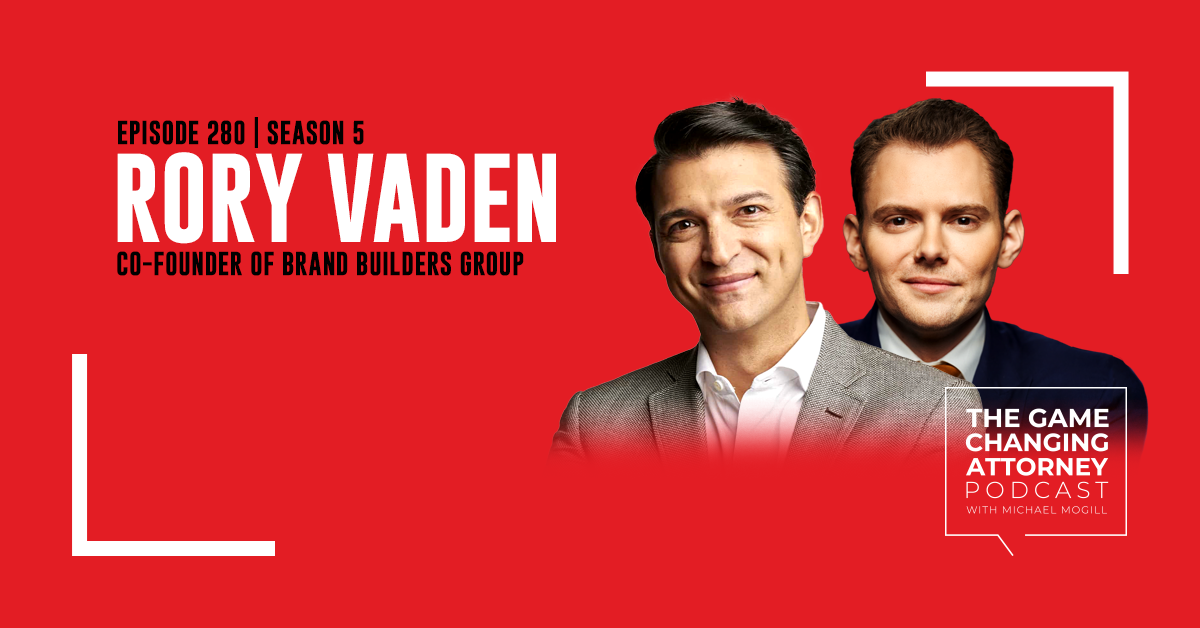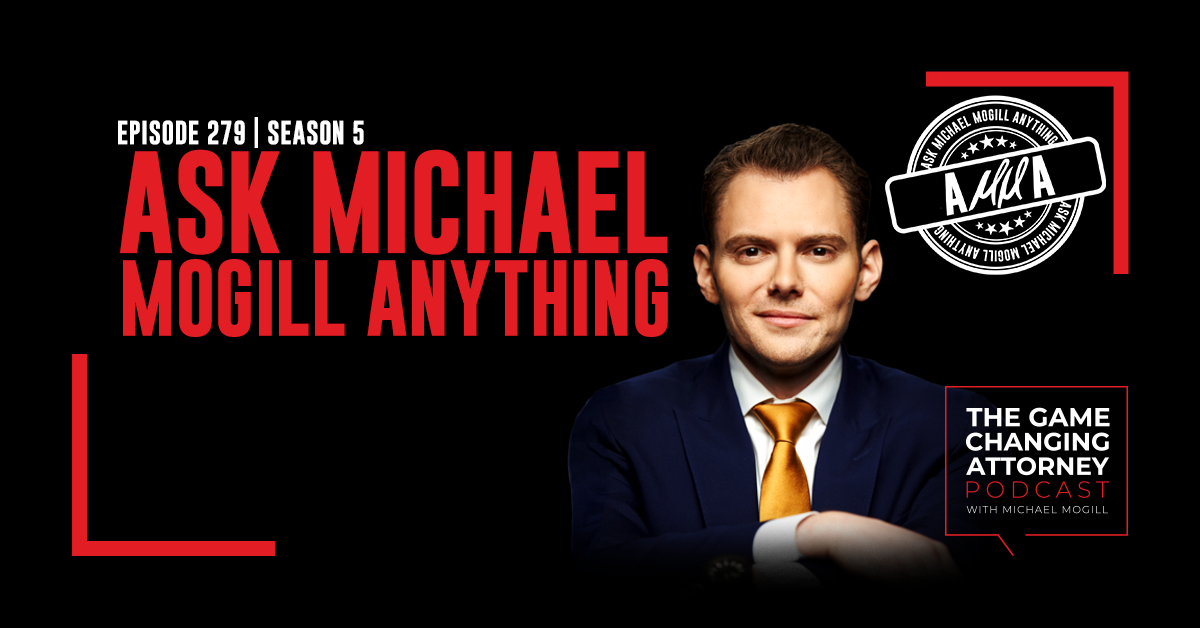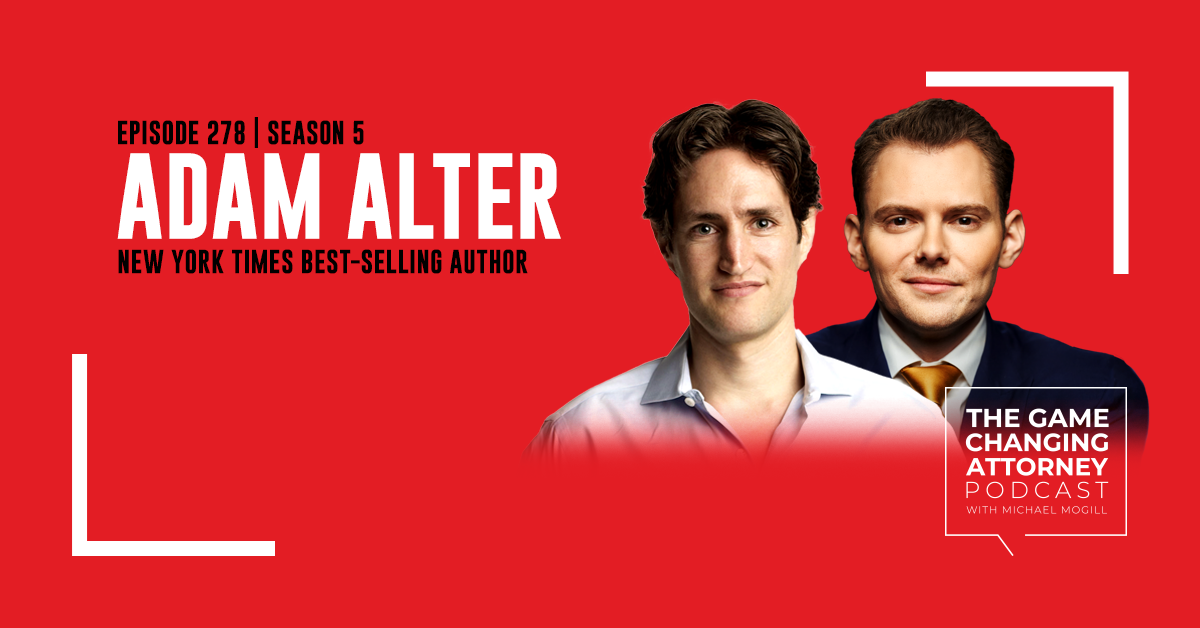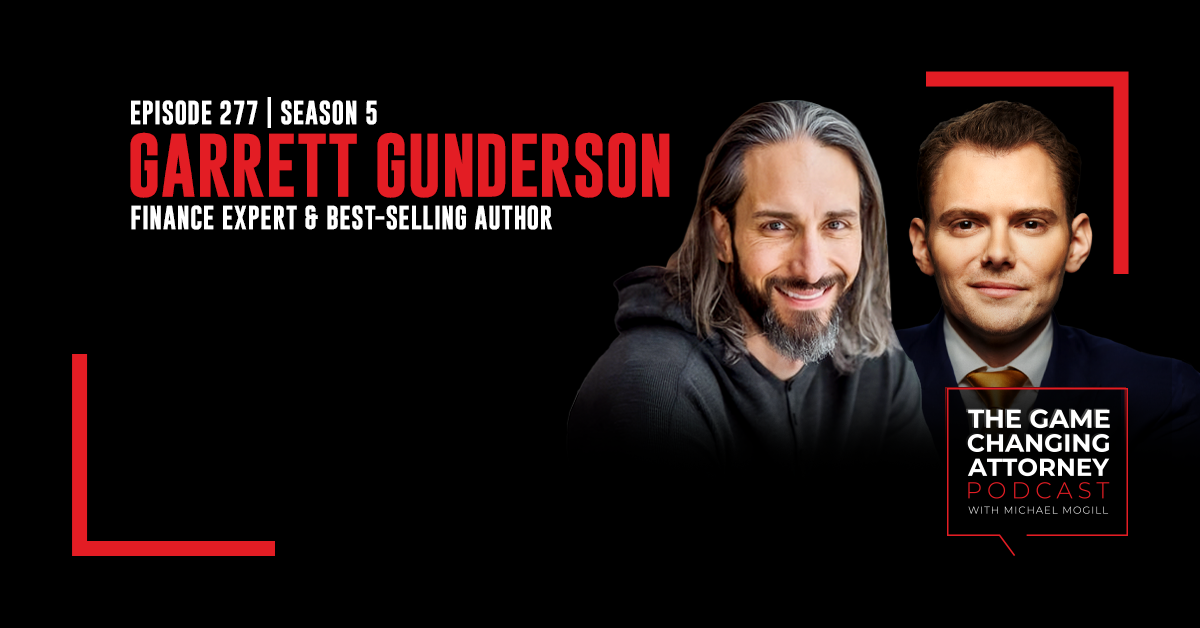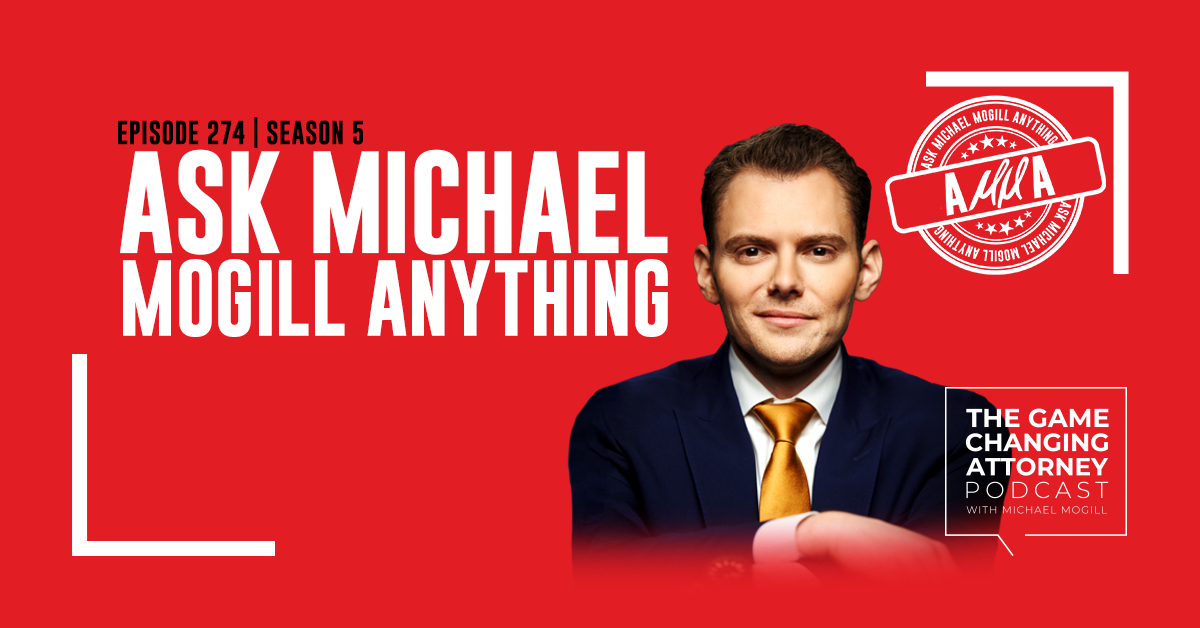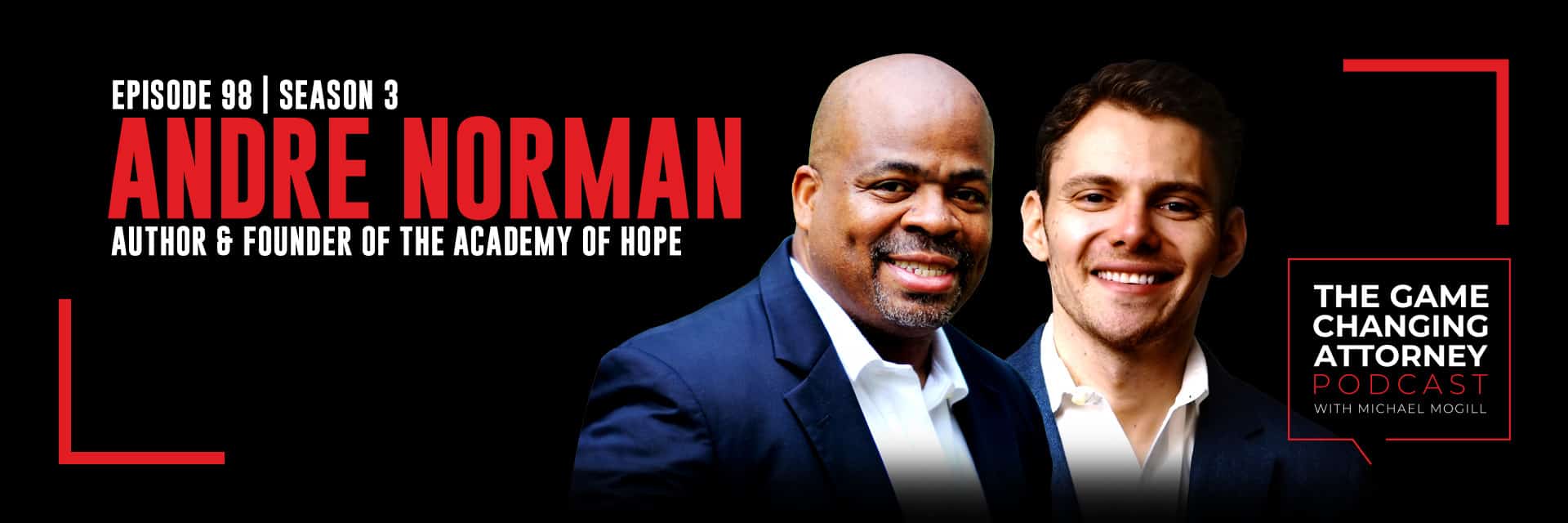
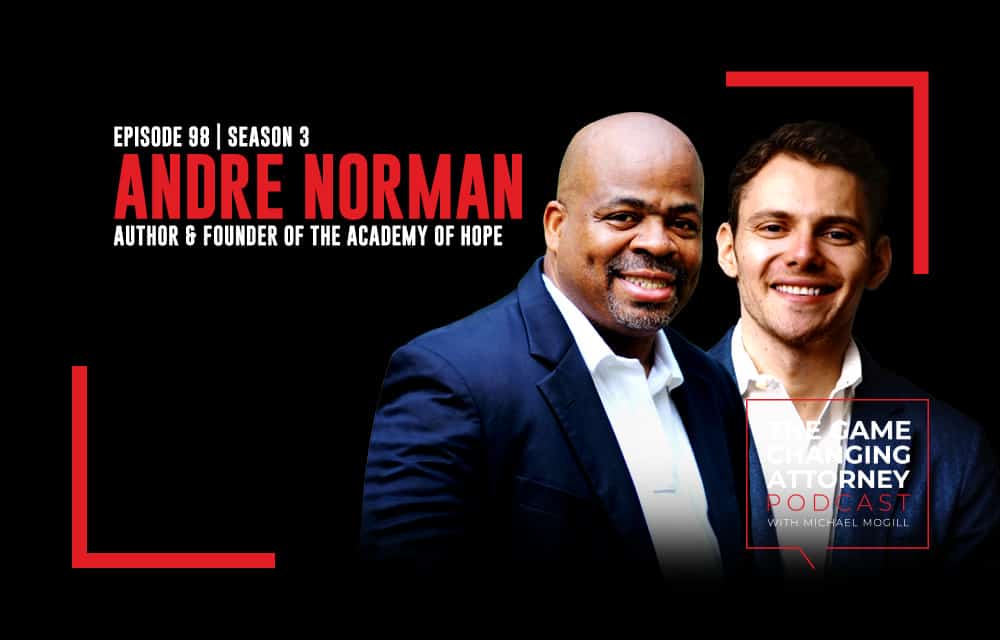
Episode 98 — Andre Norman — Ambassador of Hope: Turning Poverty and Prison Into a Purpose-Driven Life
Andre Norman has lived an eventful life, to say the least. Not many people can say they’ve been to prison, got out and became a Harvard fellow, and whose next goal is working toward ending mass incarceration in all of its forms.
On this unique episode of The Game Changing Attorney Podcast, Andre Norman opens up about:
- The very real danger of living in prison
- The mindset required to get out of prison and make something of yourself
- The path toward healing, both individually and as a society
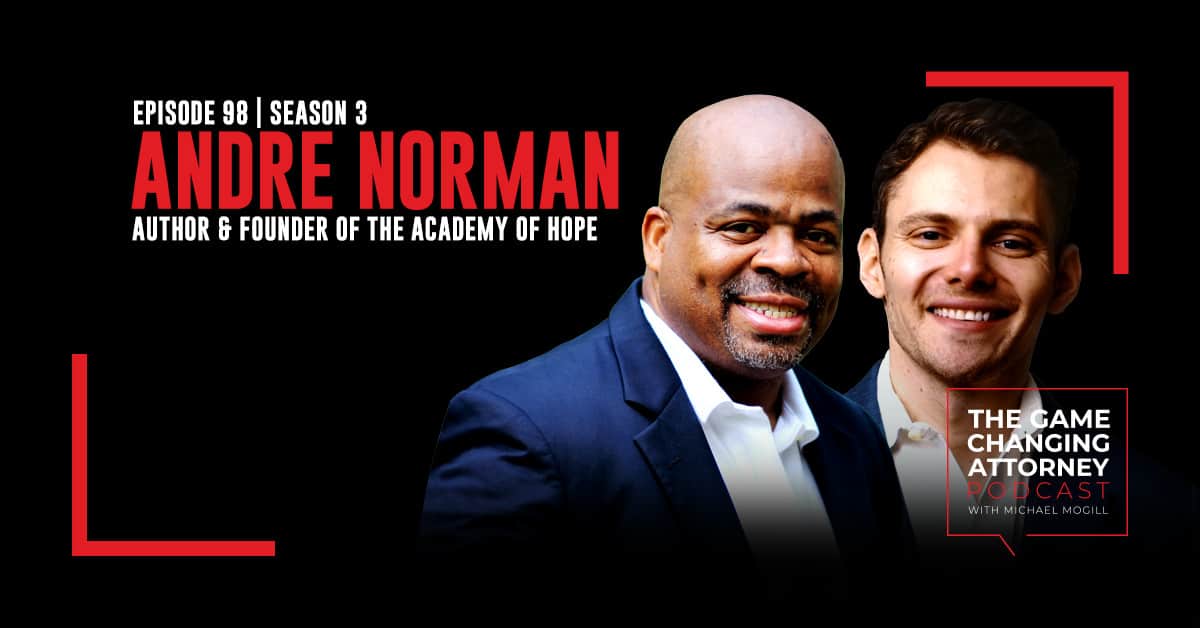
Listen & Subscribe
Show Notes:
Have faith in people. “So often we diminish the abilities and skill sets of somebody else because we do it at a generic level. We diminish something because we think we can do it — or a variation of it. There’s a difference between writing someone’s story and telling it on stage and making it impactful.”
Not messing around. “There was an officer who wouldn’t cooperate with me, so I told him, ‘Dude, I can kill you right now. Understand who you are and who you’re talking to because evidently, someone didn’t inform you what’s going on here. I decide whether you go home in a box or on two feet.’”
The hard truth. “Prisoners run the prisons. Guards just work there.”
Top dog status. “The better you think and the more savage and cunning you are, the more status you get. It took nine months for me to get kicked out of the state of Massachusetts. It took me 2.5 years to get kicked out of the Federal Bureau prisons. I’ve been kicked out of nine different facilities in nine different states for encouraging violence. I’m a force to be reckoned with.”
Ambitious (and costly) goals. “I was trying — though I never got it — to get a murder in prison. I wanted you to look at me and say, ‘I’m not messing with that dude because he’ll kill me.’ The person who’s willing to give the most wins. The person who’s the most extreme wins. The person who refuses to lose wins.”
Shocking revelations. “If it bleeds, it leads. If I turn on the 6 o’clock news in any major city, and it’s all robberies and shootings for the first 20 minutes. That’s what captivates people. Everybody watches it, and it has a huge fanbase.”
A place you don’t want to be. “Maximum security prison is another world entirely. It’s scary — there’s no other way to describe it. If it’s your first time there, you should be scared to death. People get raped, beaten, stabbed, and tortured daily. When I first got there, I was terrified. They called in a caseworker who sat down with me and told me that I could make my time spent there work for me. The second she left, I knew I would sign up for my GED. But when I told my friends, they told me I was crazy — that I would be a loner, and a white gang would take advantage of that. You can’t beat the mob. So I went out to the [prison] yard instead of getting in line for my GED.”
Healthy choices. “I made a decision in prison: I was going home, I was going to Harvard, and I was going to be successful. My friends wanted to laugh at me, but I’d threatened to stab people, so no one laughed. One of them said I couldn’t go to Harvard because I was black, a criminal, and a gang member. I knew that. He kept telling me all the reasons why I couldn’t go to Harvard and I realized I was on my own. So I stood in front of the mirror and asked myself, ‘What’s inside of me that’s stopping this dream from happening?’”
Harsh realities. “I told young black kids who looked just like me, ‘You’re going to jail — but not because you’re black, or because you picked up a gun, or because you smoked weed. You’re going to jail because someone let you down and it hurts. You act out. At eight or nine years old, it’s cute. At 14 or 15, it’s criminal.’”
A chance to grow. “White people and black people have been in this country for 400 years. Through the deaths of people like Michael Brown, Jr., Trayvon Martin, Tamir Rice, Sandra Bland, and George Floyd, a dialogue of healing has been created. We can use it as an opportunity to move forward, or we can see it as a chance to point at one another and say, ‘You’re wrong.’ Yes, they were wrong, but what good is that going to do us now? You’ve identified something that everyone already knows.”
What does being a game changer mean to you? “Being a game changer means I’m doing it right. I had three basic things that I lived by as a kid, and those have changed now. I know I’m going to die. When I go, I want my tombstone to say the three things I live by now: I was a Harvard fellow, I became an honorable son, and ended mass incarceration. I’m working on that right now.”
EPISODE RESOURCES & REFERENCES
Massachusetts
Michael Brown, Jr.
Trayvon Martin
Tamir Rice
Sandra Bland
George Floyd
Harvard
The Penitentiary System
Connect with Michael
- Text directly at 404-531-7691
